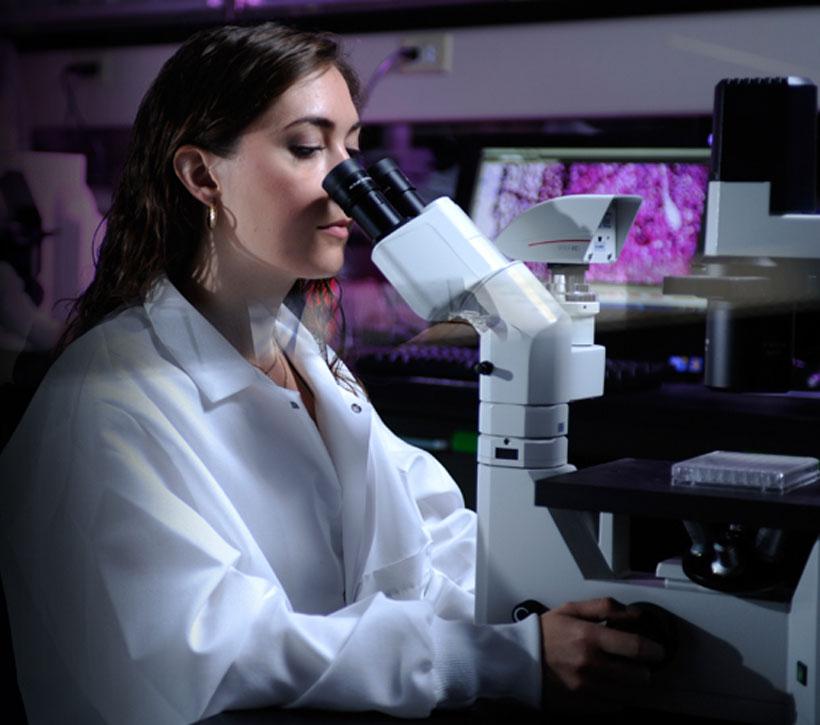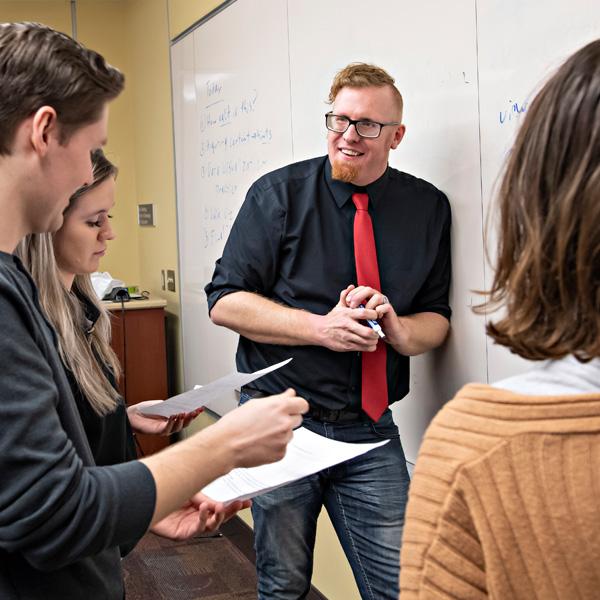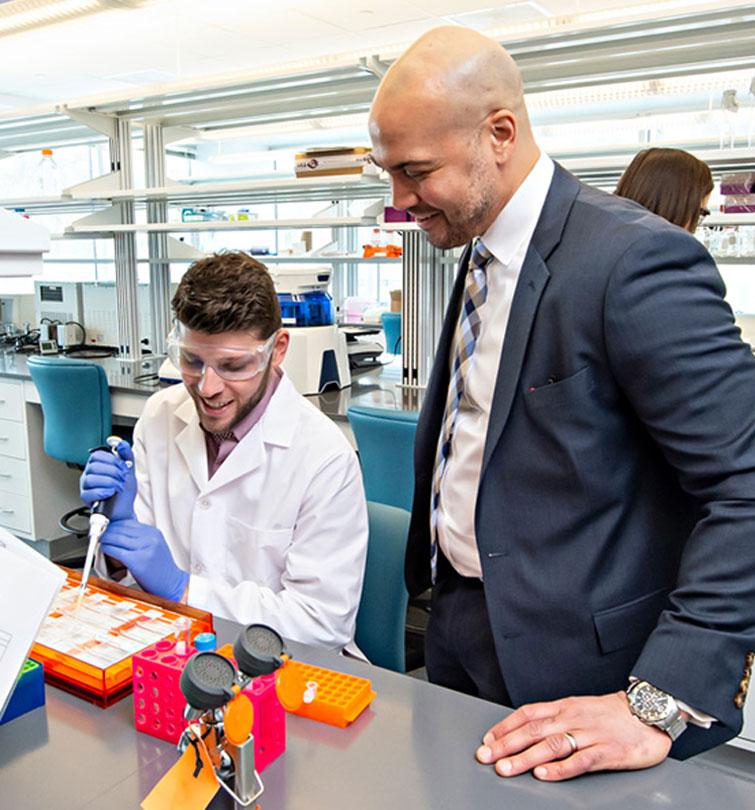
Meet Our Faculty
Meet the faculty who will teach and mentor you, and learn about the innovative research projects they're directing.
Community Engagement Specialist
Assist with HIV public health planning and engagement in the HIV Prevention and Care Project. Design and implement stakeholder engagement for statewide HIV planning, reaching communities most impacted by HIV throughout PA.


News

Africa intensifies battle against mpox as ‘alarming’ outbreaks continue
The global outbreak helped bring new attention to mpox and led to a boom in research, Jean Nachega associate professor of Infectious Diseases and Microbiology and Epidemiology says, but almost all of it came in Europe and North America.

‘Nobody saw this coming’; California dairies scramble to guard herds against bird flu
“The concerning trend of multiple states reporting cattle infections raises the likelihood of continued human exposure,” said Suresh Kuchipudi, professor and chair of infectious diseases and microbiology.

Leading the charge in combatting tick-borne viruses
Assistant Professor Priscila Da Silva Castanha and team awarded Pitt Momentum Funds.


